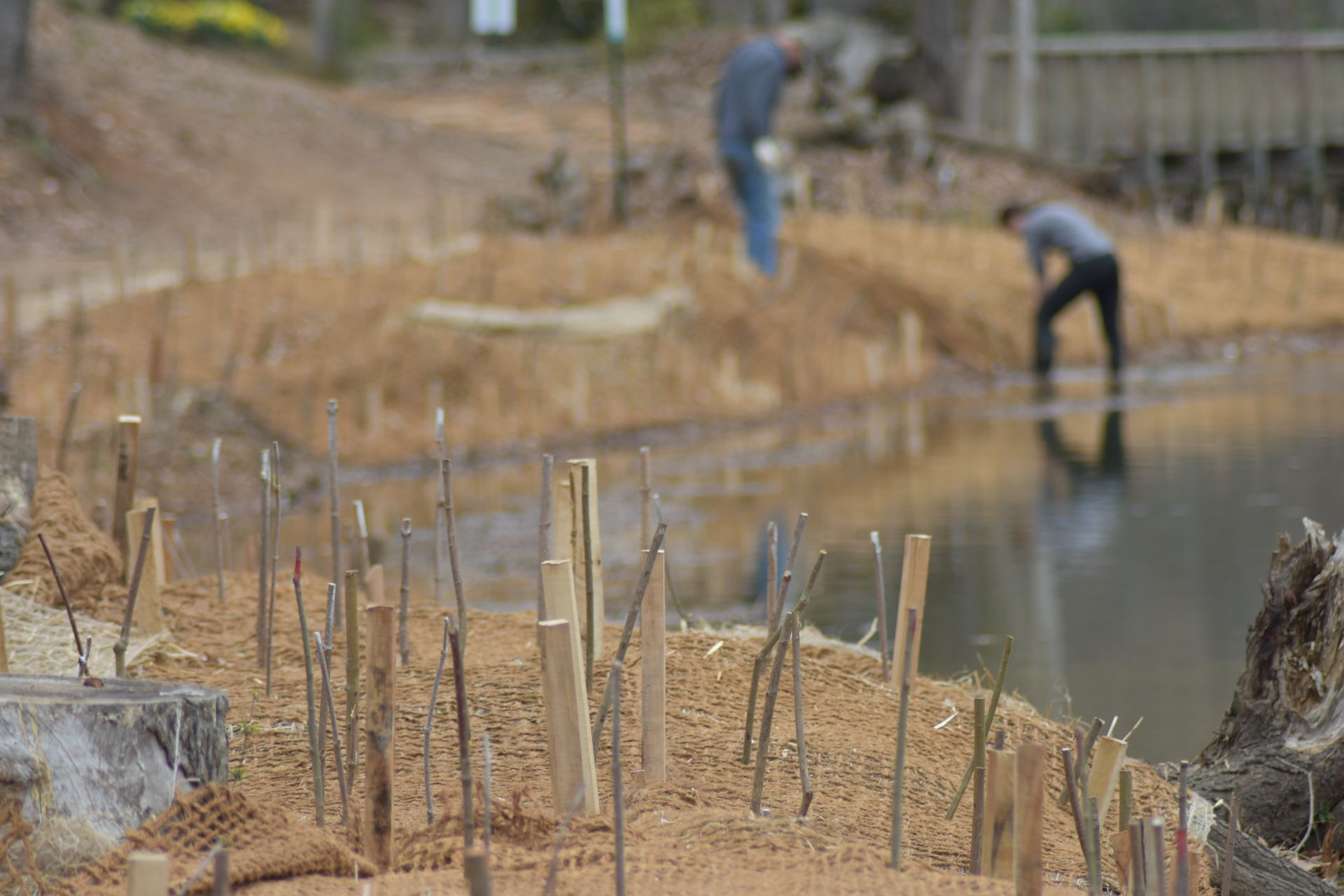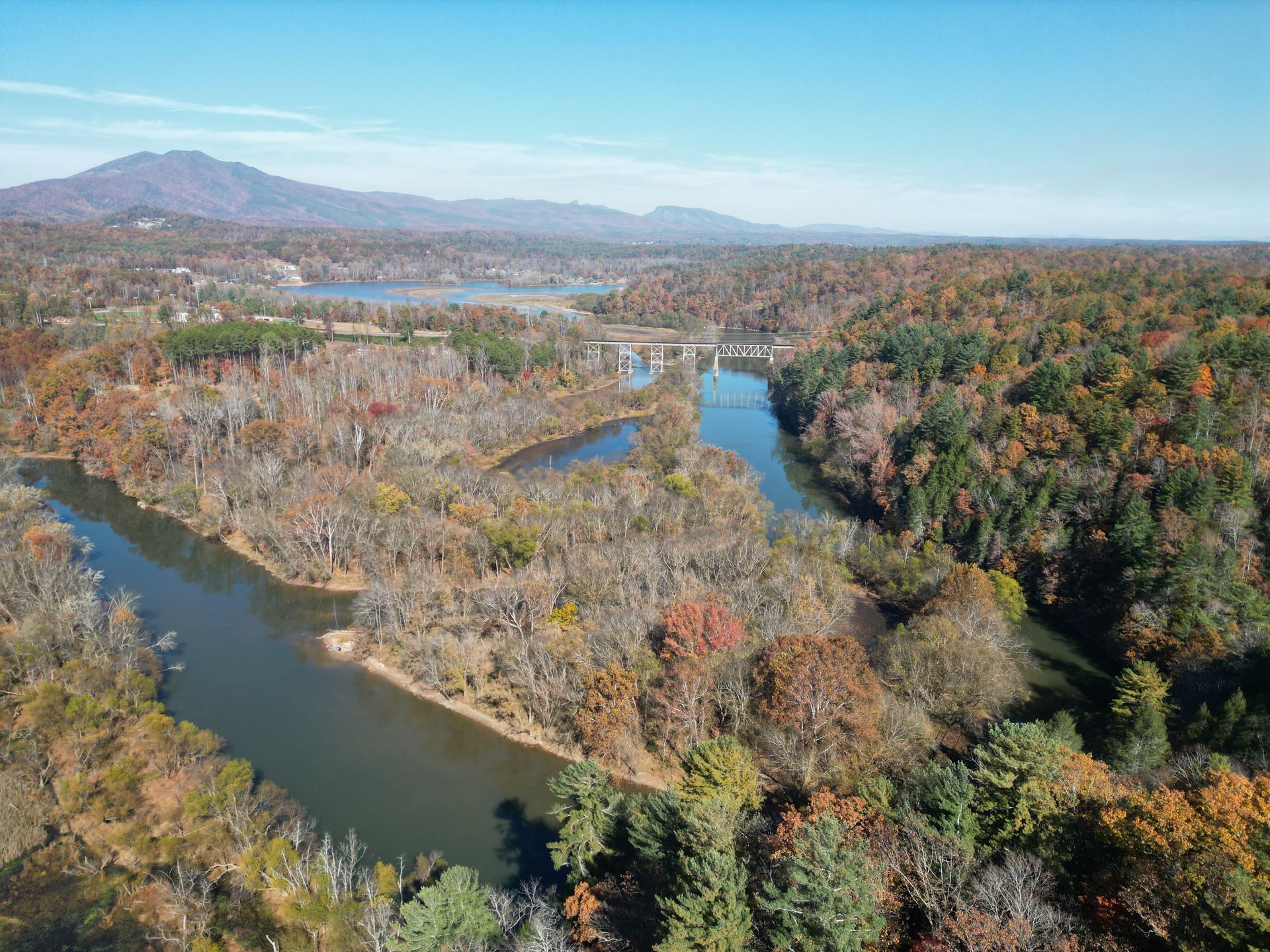Sackett vs. EPA
SCOTUS overturned 45 years of precedent with this ruling
This week, the Supreme court voted 5-4 to remove federal Clean Water Act (CWA) protections from thousands of wetlands. While we are still analyzing the full impact that this will have locally, nationwide it will decrease the costs to develop flood-prone areas and shifts significant regulatory burden to the states.
In 1972, Congress directed the newly created EPA to restore and maintain the integrity of the nation’s waters. The CWA does not define the law’s jurisdiction, rather, it provides authority for EPA and the Army Corp to define “waters of the United States or WOTUS” in regulations. Since then, a series of agency definitions and court rulings have refined the scope of protections.
In the most recent ruling, Sackett vs EPA, all 9 judges ruled against the EPA that the wetland in question does not fall under federal jurisdiction. Waterkeepers, included Catawba Riverkeeper, filed an amicus brief in June 2022 urging the court to limit the scope of its ruling to the case at hand. However, 5 justices went further and overturned 45 years of precedent by excluding wetlands without a “continuous surface connection” to other jurisdictional waters. This would exclude many waterbodies traditionally protected such as wetlands only connected during flood events. This one size fits all approach ignores the well-established ecological importance of these waterbodies and could have significant impacts on flood resiliency. As Justice Kavanaugh noted the wetlands adjacent to Mississippi River levees will no longer be covered by the CWA, even though they are a critical part of the project’s flood control.
While both North and South Carolina have some protections for isolated wetlands, these provisions have already become the subject of administrative challenges and litigation. Due to the geology, historical agricultural practices, and modern development, the Catawba watershed has relatively few disconnected wetlands left. Those that remain, like Whitehall Preserve, are critical habitat for amphibians and protect adjacent property during flood events.
Catawba Riverkeeper will diligently continue our work at the local and state levels to preserve and restore our waters and protect the waterways our families and communities rely on for drinking, swimming, fishing, fueling local economies, and more.







